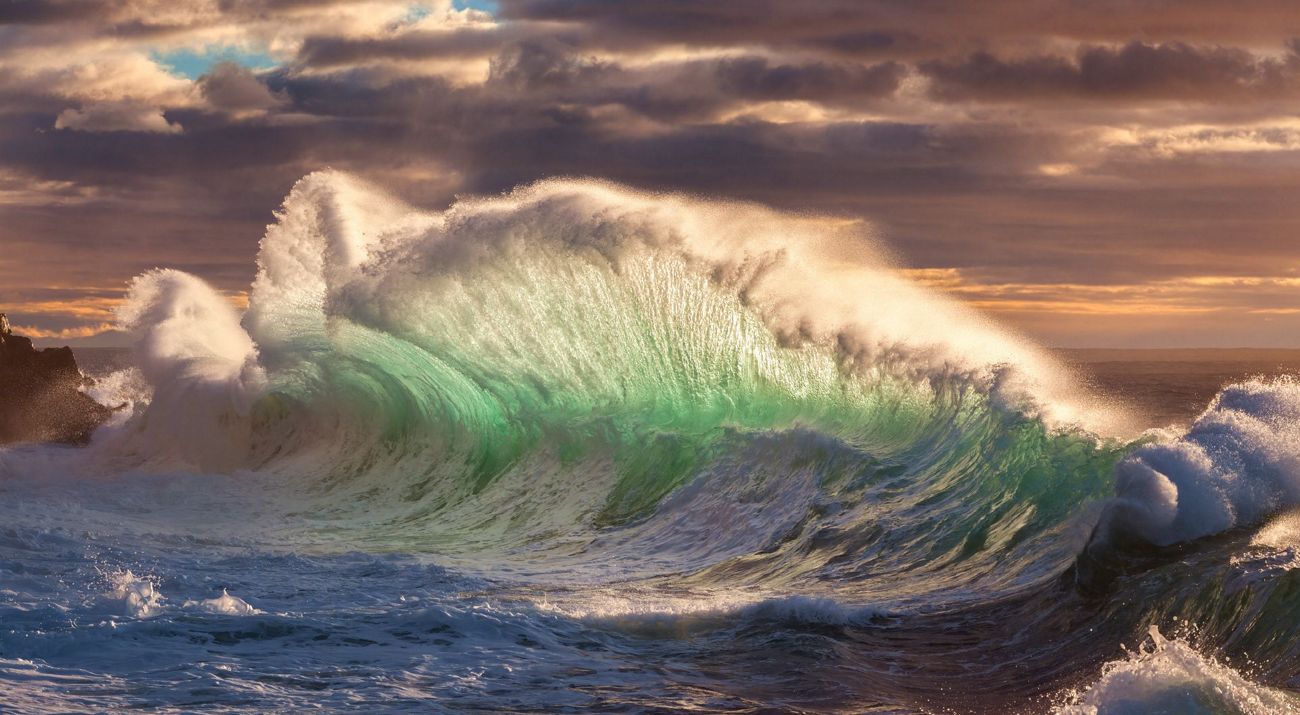UN Ocean Conference triggers wave of conservation commitments and High Seas Treaty ratifications

Media Contacts
-
Claire Griffin
Email: claire.griffin@tnc.org
Following the conclusion of the third United Nations Ocean Conference (UNOC3) in Nice, France, The Nature Conservancy’s delegation lead and Global Ocean Director Dr. Lizzie McLeod shared her thoughts on the week’s outcome:
“Last week, the world’s ocean community came together in a powerful show of unity and resolve at UNOC3. Governments, Indigenous Peoples, civil society, scientists and the private sector united to call for urgent, inclusive and transformative ocean action. Their diverse voices echoed a common purpose: to ensure the ocean can continue its role as our planet’s ultimate life-support system, sustaining food security, livelihoods, a stable climate and a wealth of incredible biodiversity.
“While there is still much more work to do, UNOC reminded us that meaningful change and global collaboration can be achieved despite current global challenges. Blue finance played a prominent role, from the European Commission announcing a €1 billion investment in ocean conservation, science and sustainable fishing to the unveiling of a new finance structure that will mobilize long-term investment in mangrove restoration. Other bright spots included new government commitments to the Tuna Transparency Pledge; a 37-country coalition led by Panama and Canada launched to tackle underwater noise pollution; a landmark 11-government commitment to protect climate-resilient reefs; plans to create the world’s largest marine protected area in French Polynesia; and a new Marine Spatial Plan for the Government of Seychelles that marks a successful final milestone for the Nature Bonds debt conversion model TNC first piloted there in 2016. Most promising, however, was the surge of government ratifications to the crucial High Seas Treaty; with 50 of the 60 countries needed for enforcement and more on the horizon, we are closer than ever to securing critical protections for a region that makes up half of our planet’s surface.
“The progress made at UNOC3 is a powerful testament to what’s possible when policy, science, and commitment converge – providing evidence that multilateral environmental action still works ahead of November’s similarly critical UN Climate Conference in Brazil.”
The Nature Conservancy is a global conservation organization dedicated to conserving the lands and waters on which all life depends. Guided by science, we create innovative, on-the-ground solutions to our world’s toughest challenges so that nature and people can thrive together. We are tackling climate change, conserving lands, waters and oceans at an unprecedented scale, providing food and water sustainably and helping make cities more resilient. The Nature Conservancy is working to make a lasting difference around the world in 83 countries and territories (39 by direct conservation impact and 44 through partners) through a collaborative approach that engages local communities, governments, the private sector, and other partners. For more news, visit our newsroom or follow The Nature Conservancy on LinkedIn.